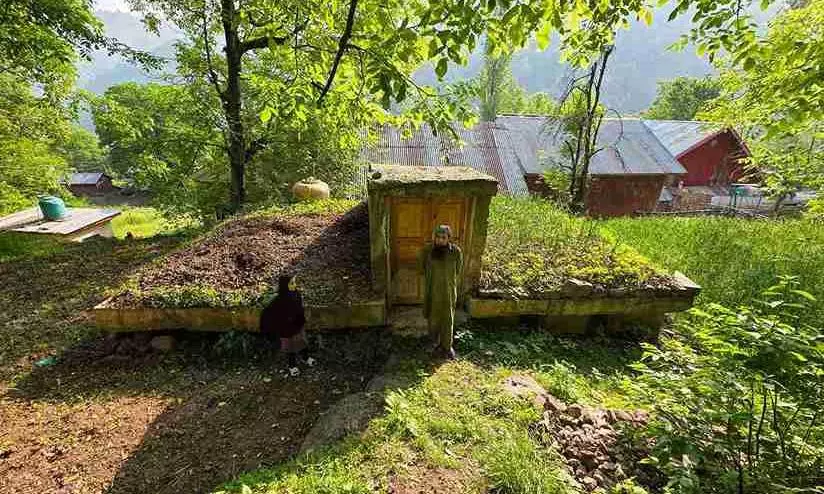
Amid growing calls for war on Pakistan, Kerala CPI(M) sounds a warning
While not opposed to military action, CPI(M) has cautioned that it can strengthen Pakistan’s military and fuel its proxy war against India

The Kerala state committee of the CPI(M) has expressed apprehension about the growing calls for war on Pakistan in response to the April 22 terrorist attack in Pahalgam which killed 26 people.
While not opposed to military action, CPI(M) State Secretary MV Govindan cautioned that such a move could inadvertently strengthen Pakistan’s military and fuel its proxy war against India, urging the Union government to proceed with caution and adopt a multi-pronged strategy.
Strong condemnation
The CPI(M) strongly condemned the Pahalgam attack, describing it as a calculated bid to stoke communal division by targeting victims based on their religion.
Also read: Pahalgam attack: India suspends exchange of mail, parcel services with Pakistan
The party lauded the unified response across India, particularly in Jammu and Kashmir, where a state-wide hartal, candlelight peace marches, and a unanimous Legislative Assembly resolution denounced terrorism.
The bravery of 28-year-old Syed Adil Hussain Shah, who sacrificed his life to save tourists, reflects the Kashmiri people’s rejection of violence, the CPI(M) noted.
Past actions failed to prevent attacks
Acknowledging the public demand for a robust response, the CPI(M) expressed concern that a rush to war could bolster Pakistan’s military, which is currently weakened by the country’s economic crisis, political turmoil, and eroding public support.
“We are apprehensive that military action, if not carefully calibrated, could provide Pakistan’s military with a pretext to rally domestic support and intensify its covert war against India,” Govindan stated.
Also read: Pakistan test-fires ballistic missile; India calls it ‘dangerous escalation’
The party pointed to past measures—demonetization, the revocation of Article 370, and surgical strikes in Pathankot (2016) and Balakot (2019)—which, despite their intent, did not prevent attacks like Pahalgam.
Balanced approach needed
The CPI(M) advocated for a balanced approach to counter terrorism, combining targeted military measures with diplomatic and economic efforts. The party supported steps to isolate Pakistan internationally, such as using evidence of its role in the attack to secure stronger UN condemnation and disrupt terrorist financing through global agencies.
It also endorsed India’s moves to freeze the Indus Water Treaty and scale back diplomatic engagement. Domestically, the CPI(M) called for restoring Jammu and Kashmir’s statehood to encourage political participation and strengthen public resolve against terrorism, warning that militarized governance and civil rights restrictions risk alienating the population.
The CPI(M) voiced concern over divisive forces undermining India’s unity, citing hate campaigns against Muslims on social media and attacks on Kashmiris in states like Uttar Pradesh and Himachal Pradesh. These actions, the party argued, align with the terrorists’ aim of fracturing India along religious lines.
Also read: Pakistan urges Muslim countries to impress upon India to deescalate tensions
Call for secular unity
The party reaffirmed its commitment to secular unity, highlighting its solidarity with Aarti R Menon, the daughter of the slain N Ramachandran, who faced cyberattacks for praising Kashmiri drivers who helped her after her father’s death in the attack.
“Terrorism must be fought with resolve, but we urge caution to ensure our actions do not inadvertently empower Pakistan’s military,” Govindan said. “A strategic mix of military precision, diplomatic pressure, and political inclusion, rooted in secular unity, is the path to a lasting solution.”

